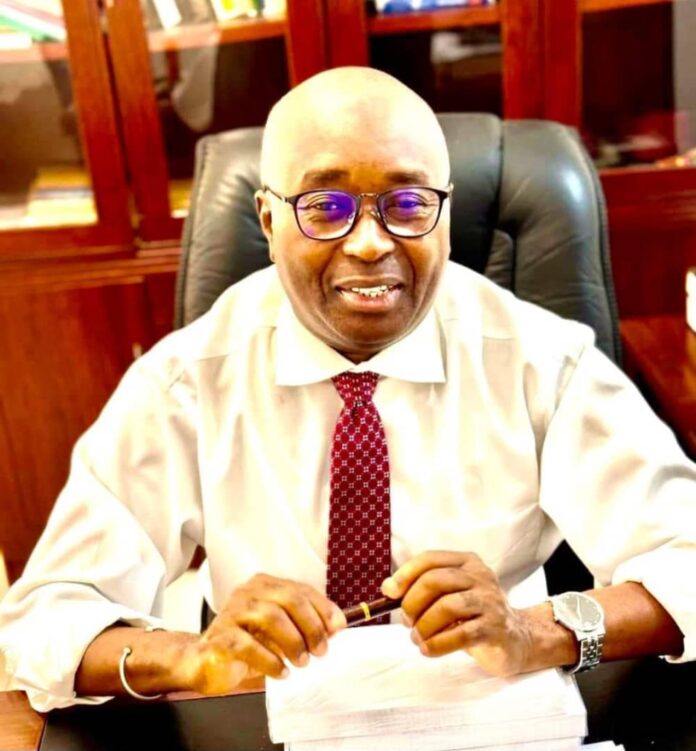OPINION
By Musa Bassadi Jawara
First off, let me state categorically and unequivocally that I’m not privy to the electricity supply contractual details between NAWEC and Senelec. My attention was drawn to the issue via wire reports that The Gambia’s energy minister, Mr Nani Juwara, on Wednesday, September 11, 2024, disclosed at the National Assembly, that NAWEC is owing 10 billion CFA to Senelec, an estimated 17 (seventeen) million US Dollars. The minister further opined that this bill was consumed in the period of 3 months: May, June and July.
I now proceed to offer my opinion on the matter in the form of admonition to Gambian authorities based on my career experience on energy matters in Southern African nations, Central Africa and the Persian Gulf.
Energy computations and electricity pricing are thorny and complex. It’s not clear cut as the figures will show literarily and figuratively. To put it succinctly and unambiguously, for example, the price of electricity at 1 megawatt equals $500; it does not necessarily follow that after consuming 50 megawatts, the bill will be $25,000. The arithmetic is not so simple, and I’m under the suspicion that accountants at Senelec headquarters in Dakar, must have applied the rudimentary computation method …Hahahaha. My fellow countrymen in NAWEC must not fall into this trap. In my honest opinion, accountants from both companies must participate in the billing process.
There are three basic methods of energy accounting:
– current input/output table analysis
– statistical analysis
– process analysis
The above, are the general outlines and parameters used in the computation of energy pricing. But contractual arrangements between parties can differ and ultimately affect accounting outcomes.
Given this proviso and background, the question one would ask legitimately to Senelec billing and management authorities in Dakar is: what accounting method did they use to arrive at the 10 billion CFA figure? This should be the first point of inquiry amongst many by the management of NAWEC going forward.
In my opinion, this figure is inflated and would not stand under rigorous and thorough accounting and statistical investigation and analysis. The issue may necessitate the intervention of international energy firms from the US, Europe or advanced economies with unique accounting techniques in dealing with electricity pricing.
What’s absolutely clear and certain, the 10 billion CFA figure is not accurate and NAWEC authorities must not sign off on it without an international energy firm’s arbitration.
In the US justice system, energy companies are always in court adjudicating cases on energy pricing with clearer and more binding contractual agreements than the NAWEC-Senelec arrangements.
Conclusion: The Barrow administration must be very careful in implementing bilateral agreements with Senegal. This has not been a smooth relationship since the attainment of independence in 1965. Late former President Jawara navigated through minefields and assiduously safeguarded the national sovereignty and preserved the Republican institutions. The Senegambia Confederation collapsed due to a myriad of fictitious bilateral issues between the two countries. Jawara resisted Senegalese shenanigans, and it cost him the presidency. Former President Jammeh, despite his peccadilloes and petulant behavior, drew the line in the sand and Senegalese authorities did not mess with him!
I cannot overemphasize the urgent need for NAWEC’s management to challenge Senelec’s billing method and the national authorities of The Gambia to present a diplomatic demarche over the issue. This issue has taken a national security dimension and must be approached with utmost gravitas and competence.
There has to be a comprehensive review of all bilateral arrangements between the two countries, especially in light of the new order in Dakar, since April of this year.
Thank you.
The views expressed in this article are the author’s own and do not necessarily reflect The Fatu Network’s editorial stance.




